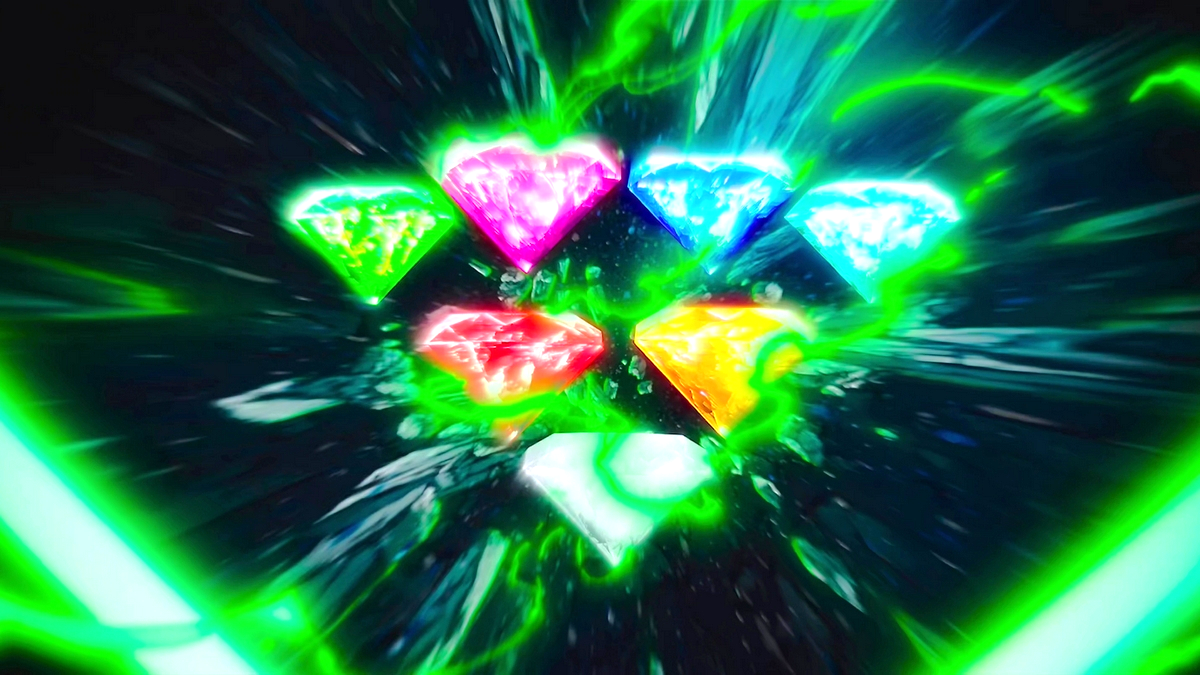If you thought Media Molecule’s long-anticipated title Dreams had already come out (and flopped) or was canceled indefinitely, I could hardly blame you. Besides some E3 buzz and the odd livestream, Sony has been worryingly quiet about the project. I was beginning to worry confidence in the creation tool — one that promised to turn any layman into a game developer, with a little practice — had begun to falter. After dozens of hours playing, creating, and exploring, I think they were simply playing to the game’s biggest strength: its ability to market itself.
Seeing a creation in Dreams is like playing all the most bonkers levels of LittleBigPlanet combined. In that game, players were pushing the systems to their limits to create cinematics, music, and very un-platform-y game modes. The desire to create something unique within limitations drove a handful of creators to spend countless hours bending Media Molecule’s limited toolset to their will.
Dreams is that desire realized to its full potential. The limiters have been removed, and with enough practice, the most unorthodox creations can be realized to completion.
With a beautiful and inspiring introduction, Dreams tries to make its case to skeptical players. Long story short: if you can imagine it, you can make it. After diving through the “Dreamiverse” and playing some of the impressive creations on offer (mostly from Early Access creators who have had time to practice), I began to realize this mantra was more than an empty platitude. I played a nearly 1:1 rendition of Resogun, a hilarious one-handed cooking simulator, watched a nightmarishly humorous Humpty-Dumpty animation, and solved first-person puzzles in a mirror-centric horror game all within about twenty minutes. That brings us to the first big question of this review: how is Dreams as a “game?”

While seeing creations made in-game is astounding for the first few hours, full of “how did they do that?” and “this must’ve taken forever,” I really wanted to find the projects that were fun to play. It’s comically easy to make pretty-looking environments in Dreams thanks to its unique “fleck” texture system and simple graphical style, but making a polished game that plays well? Not so much.
Some genres feel tighter than others in Dreams, such as puzzlers, shoot-em-ups, and platformers. Of course, the controls of your creation can be fine-tuned using the game’s visual logic system, but there’s only so much you can do to ease the sluggishness of first-person shooting within the game’s systems. Still, with some exploring, I did find projects that felt good in the hands, like the puzzle-platformer Pip Gemwalker. It’s a little early to say how accessible making fully-fledged projects will be since Dreams is so new, but the packed-in Art’s Dream, made by Media Molecule staff, is all the convincing you should need that the possibility is there.
But it would be unfair to judge Dreams based on the creations of brand-new players, rather than the toolkit itself. So let’s ask our second big question: how’s the creation process?
Dreams has a robust and easy to follow tutorial system, allowing you to learn as many or as few of its systems as you’d like. For instance, I decided the first thing I wanted to make was a double-barrel shotgun model for others to use in their games, so I jumped into sculpting. In just a couple of hours, I had a perfectly serviceable model ready to share with the world. And that’s when the feeling hit me.

As someone who dabbles in traditional art, there’s this rush I feel when completing a piece I’m particularly proud of. No matter how I’ve whiled away the day, if I’ve created something, I usually feel fulfilled. Dreams is the first “maker” game to recreate this sensation I’ve played, and I think it has to do with how limitless it’s potential is.
When working within restraints, like in Mario Maker, I always got the feeling that the finished product was only half “me.” Nintendo had made the assets, I simply used them to cobble together a working level. But when starting with nothing at all, seeing a piece of art unfold from nothing but your imagination and the ability to use the tools at your disposal resonated much differently.
Of course, working without restraints also leads to some creative paralysis. Limitation leads to innovation, and all that. So when tasked with building, or playing, a project with an infinite capacity for polish, tweaking, and testing, standards can be raised to unreasonable levels.

This leads to my only “real” issue with Dreams: with an unlimited capacity to create, it’s easy to get lost in both perfecting and judging the creations. My would-be platformer has yet to get off the ground because I’ve spent countless hours altering the feeling of my main character’s movement and abilities.
Similarly, playing other Dreamer’s creations can lead to some serious “thank u, next” situations when things aren’t up to standards set by mind-blowing levels. LittleBigPlanet’s predictable gameplay and systems made it easy to soldier through subpar stages, but with Dreams, minor quibbles are amplified because the person playing knows there’s always the potential for more.
Of course, this doesn’t stop Dreams from being essential, especially for anyone who has longed to bring their dream game to life. The chance to become the creator of your own experience, however rudimentary, can’t be overstated, and Media Molecule has created a near-perfect tool for doing so. The scope of what’s possible still remains to be seen (the genre-bending Art’s Dream notwithstanding), and I’m positive that in a year’s time there will be landmark masterpieces floating around the Dreamiverse. Until then, I’ll be working away on my sub-standard platformer, and no matter how it turns out, it’ll be my own.
This review is based on the PlayStation 4 Pro version of the game. A copy was provided by Sony Interactive Entertainment.






